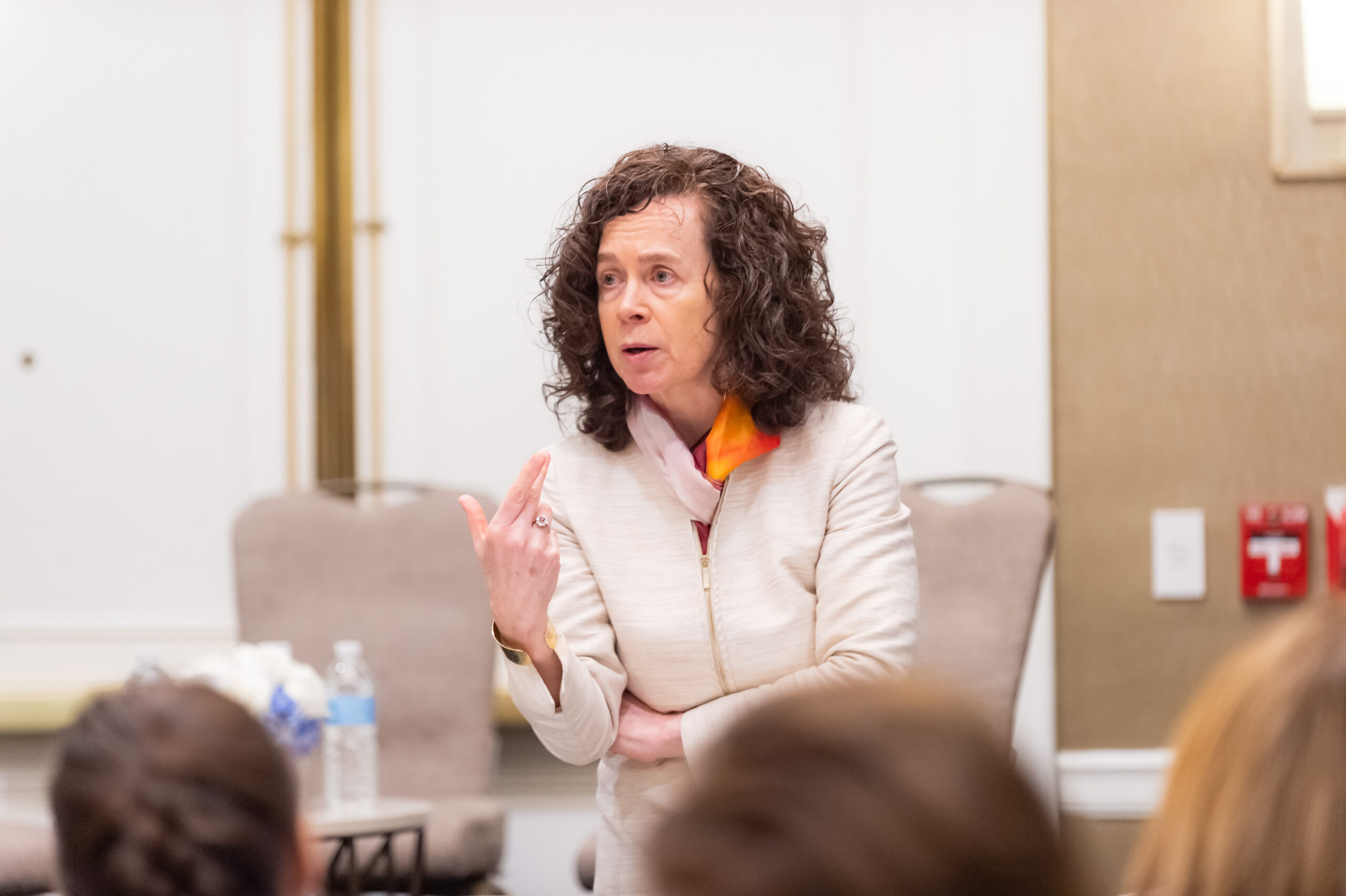One of the most interesting sessions at CECP’s recent Summit was the session on Purpose and Performance delivered by Rebecca Henderson who teaches a class called “Reimagining Capitalism: Business & the Big Problems” at the Harvard Business School among her many other credentials.
She talked about the concept of purpose: a widely shared goal among the organization which is tied to a pro social goal beyond profit maximization; and the research she has done to uncover the relationship between purpose and performance.
A few reflections include:
Adoption of purpose does not reduce performance/profit and can increase performance/profit under some circumstances. Some of these circumstances include:
- Purpose needs to be authentically embodied, resourced and invested in upfront, for it to reap returns in the long-run. It takes time for these dividends to show returns and leadership has to be willing to spend resources on it to cultivate its benefits.
- Purpose alone is not enough and does not replace the need for strategic clarity by leadership. It needs to be helpful to the organization’s broader mission rather than purpose for its own sake, for it to be successful. For it to be infused in the decision making of management at all levels will require an orientation of how it can serve their goals.
It all starts with how willing leadership is to embody purpose in its goals/mission/business strategy and to resource the hard work and change management process that goes with it. When authentically embodied in the organization, purpose can increase performance as it builds on the intrinsic versus extrinsic motivation of employees, linking their individual purpose to organizational mission and goals, and ultimately contributing to the development of high-trust cultures with dense social relationships which are more collaborative in nature.


